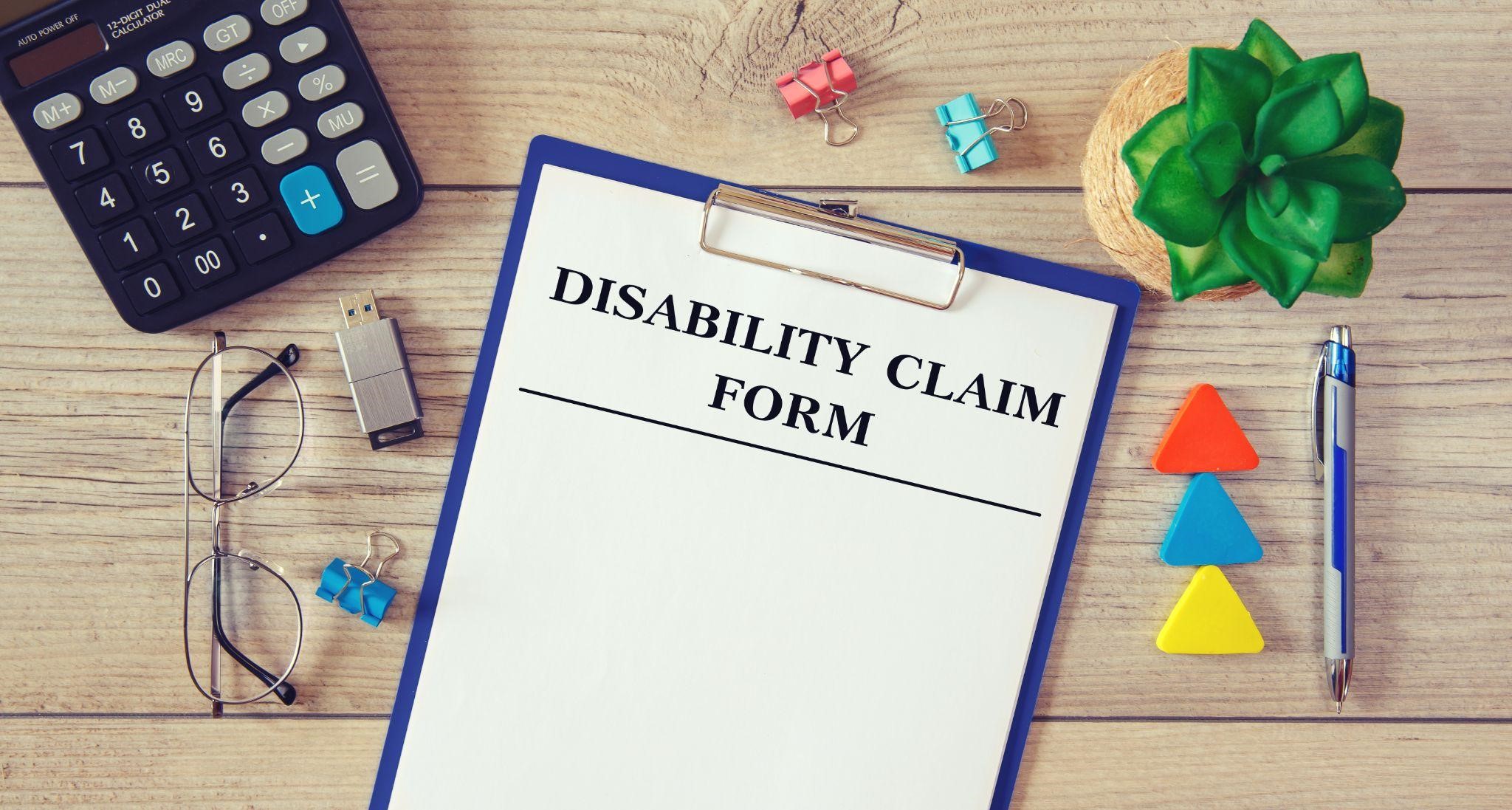Now Reading: How to Appeal a Denied Long-Term Disability Claim
-
01
How to Appeal a Denied Long-Term Disability Claim

How to Appeal a Denied Long-Term Disability Claim
When your long-term disability claim is denied, the first thing you need to do is read your insurance company’s denial letter carefully. Most of the time, this letter describes reasons for such a denial, from the lack of sufficient medical evidence to problems with policy coverage. For this reason, it is very important that one understand these given reasons in relation to creating a strong appeal. Pay attention to any specific deficiencies noted and obtain any relevant documents or evidence which may speak to those issues. These are the building blocks of your appeal strategy.
Amassing Supporting Documentation
Of course, one of the most central aspects in appealing a denied long-term disability claim involves assembling extensive supporting documentation. This would include updated medical treatment records, detailed reports from healthcare providers, and any new evidence that supports your claim of disability. The documentation should be done in a way that clearly demonstrates how the condition you are suffering from meets the threshold set by your policy. In some cases, additional opinions of experts or medical specialists will increase the strength of the claim. Good, current and applicable documentation may just be what one needs to invalidate the insurance company’s arguments.
Writing an Appeal Letter Containing All Details
Once you have everything documented, the next thing is writing an extensive and convincing appeal letter. This is where the reasons for denial are tackled head-on, giving forth clear and reasonable arguments with explanations of why your claim should be approved. Briefly describe your medical condition, how it affects your working ability, and quote relevant policy terms that support your claim. That is, make sure with your appeal letter to attach all the relevant documentation and evidence, in order to give a whole view of your situation.
Review of Insurance Policy
A review of your insurance policy is highly indispensable in the preparation for your appeal. Understand the terms and conditions of your policy, including any definition of disability and what are requirements related to evidence. This will allow you to tailor your appeal so that it directly speaks to the gaps between what you submitted and what the policy requires. If the denial letter specifies specific policy provisions in denying a claim, make sure your appeal addresses those points with evidence and arguments matching the policy language.
Consulting an Attorney
The appeal process may be daunting, and here is where the services of a long-term disability lawyer can turn out to be so helpful. The process would go much easier with an able LTD lawyer to guide you through, especially on matters like how to present your case effectively, meeting all the legal requirements, and explaining the fine points of your policy and the reasons for denial. Furthermore, a lawyer will assist in gathering and marshaling your evidence, drafting the appeal letter, and can even speak with the insurance company on your behalf. Their expertise could exponentially increase the likelihood of a successful appeal.
Filing Your Appeal
After you have written your appeal letter and had all documentation included to support your claim, submit your appeal in the method set by the insurance company. Keep one copy of everything sent and send it in a method that allows for receipt like certified mail or a tracking system. Be sure to meet the company’s deadlines and procedures in submitting an appeal. Delays or further complications may result if your submission does not meet all these standards.
Watching for Further Steps
In that case, if your appeal is rejected once more, be prepared to do more. This may include a review by an independent third party or litigation, if necessary. In these instances, it is very important that you be organized and maintain a complete record of correspondence and documentation. Your attorney can instruct you through these next steps and advise you regarding the best course of action given your individual circumstances.
One appeal of a long-term disability claim denial involves an in-depth knowledge of the grounds for denial, marshalling support, writing an effective appeal, and seeking possible legal help. You will do this by comprehensively addressing the denial and following all the required steps to increase your likelihood of approval. Employing an attorney can be the added benefit necessary to attempt to reach a favorable outcome while your rights and needs are represented.










